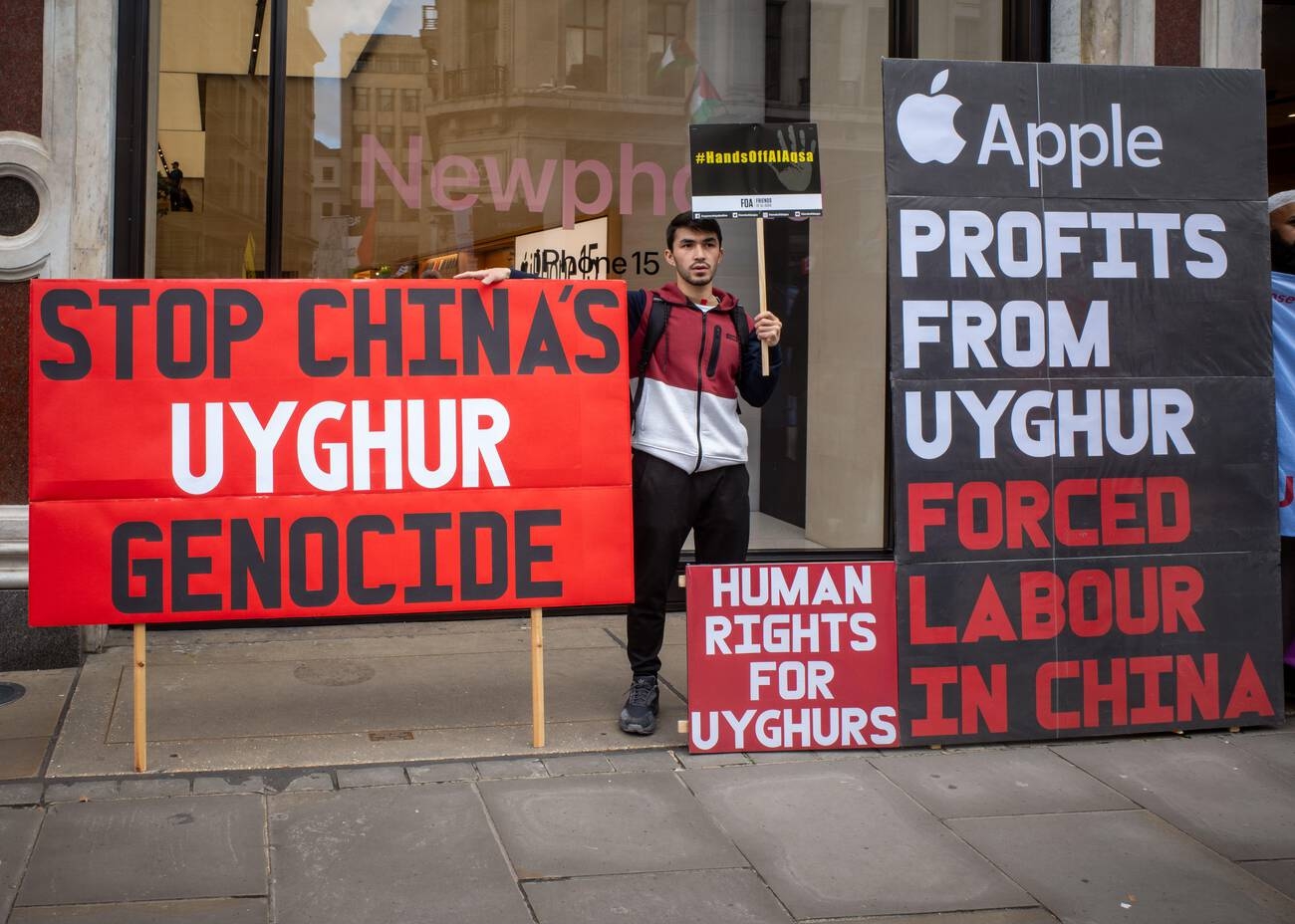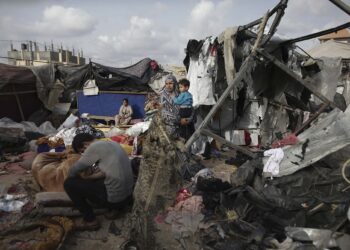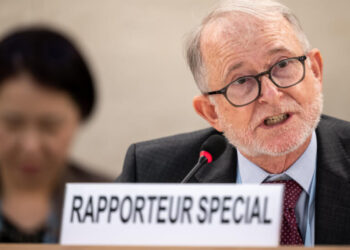Human Lives Human Rights: The authorities in Tajikistan are continuing to perpetrate systemic discrimination and egregious human rights violations against the Pamiri minority.
Located in the Gorno-Badakhshan Autonomous Oblast (GBAO), the Pamiri community consists of several ethnic groups, predominantly followers of the Shia Ismaili branch of Islam. Despite their distinct identity, the Tajikistani government refuses to officially acknowledge them as a minority, instead classifying Pamiris as ethnic Tajiks. This has led to significant discrimination, suppression of their cultural and religious institutions, political oppression, and severe consequences for those who advocate for their rights.
Experts note that the ongoing persecution of the Pamiri minority in Tajikistan has reached alarming levels. However, the situation remains largely unreported, with the Tajikistani government actively suppressing information from the region. Consequently, the international community has largely neglected this pressing human rights crisis, which now calls for urgent intervention to protect the rights and dignity of the Pamiri people.
The crackdown on economic, social, and cultural rights is vividly depicted through the persecution of Pamiri languages, obliteration of local customs, and suppression of identities. This is characterized by the heavy presence of security forces from other regions of Tajikistan, violent repression of dissent, and widespread arbitrary detentions. The Pamiri Ismaili community continues to face socioeconomic marginalization in Gorno-Badakhshan.
Central authorities have fostered a climate of prejudice against Pamiris through a state-sponsored narrative that disparages them, particularly targeting Ismailis. This has led to extensive discrimination and a series of oppressive policies, which include the prohibition of Pamiri languages in public spheres, exclusion from influential roles within government and security services, and the siphoning off of local job opportunities and businesses.
The heightened presence of security forces from different regions of Tajikistan indicates the authorities’ disdain for the Gorno-Badakhshan populace. One community member highlighted, “For the security forces, the word ‘Pamiri’ means […] separatist, oppositionist, main enemy.” In GBAO, the Ministry of Internal Affairs (MIA) and the State Committee for National Security (SCNS) have escalated security operations, establishing armed checkpoints throughout the region, including the capital, Khorugh. The oppressive atmosphere has been likened to a predatory dynamic, as one resident explained, “The security forces in Khorugh behave like wolves looking after sheep. ‘You should not walk like this; you should not laugh!’”
Security operations in the region are marked by surveillance, intimidation, and excessive force, often justified under the guise of combating terrorism and organized crime. Numerous reports indicate arbitrary arrests and prosecutions of local leaders and ordinary residents, frequently without credible evidence.
Tensions soared after the controversial killing of prominent Pamiri figure Gulbiddin Ziyobekov in November 2021. Initially reported as a shootout with law enforcement, evidence suggests it may have been an extrajudicial execution of an unarmed individual. Following a peaceful protest in Khorugh, security forces resorted to gunfire against demonstrators, culminating in the deaths of two individuals and multiple injuries.
Further violence erupted in May 2022 when authorities brutally dispersed peaceful protests in Khorugh and Rushan, resulting in the deaths of dozens of Pamiris, including informal community leader Mamadbokir Mamadbokirov, who was killed by unidentified assailants, likely an extrajudicial act. Independent reports estimate that around 24 civilians lost their lives during this crackdown, with many suffering retaliatory killings.
The government subsequently intensified its crackdown on civil society by arbitrarily detaining over 200 human rights defenders, activists, and influential residents, including journalist Ulfatkhonim Mamadshoeva and lawyers Faromuz Irgashev and Manuchehr Kholiknazarov. In December 2023, these individuals received sentences of 21, 29, and 15 years, respectively, during secret trials, with the specifics of the charges disclosed only months later.
The regime is reportedly engaging in systematic arbitrary detention, torture, and other forms of mistreatment against Pamiris, with claims of coerced confessions and the imposition of fabricated charges related to “public safety” or the “constitutional order.” Legal proceedings lack transparency and due process, with many trials concluding in a matter of days. Reports from the 2021-2022 crackdown indicate widespread occurrences of torture and degrading treatment.
A detained individual from the May 2022 protests described harrowing experiences of sleep deprivation, beatings, and electric shocks while in custody, illustrating the brutal conditions faced by Pamiris.
The international community is urged to express immediate concerns regarding the human rights violations inflicted upon the Pamiri people by the Tajikistani authorities, advocating for their protection and the restoration of their rights.


















